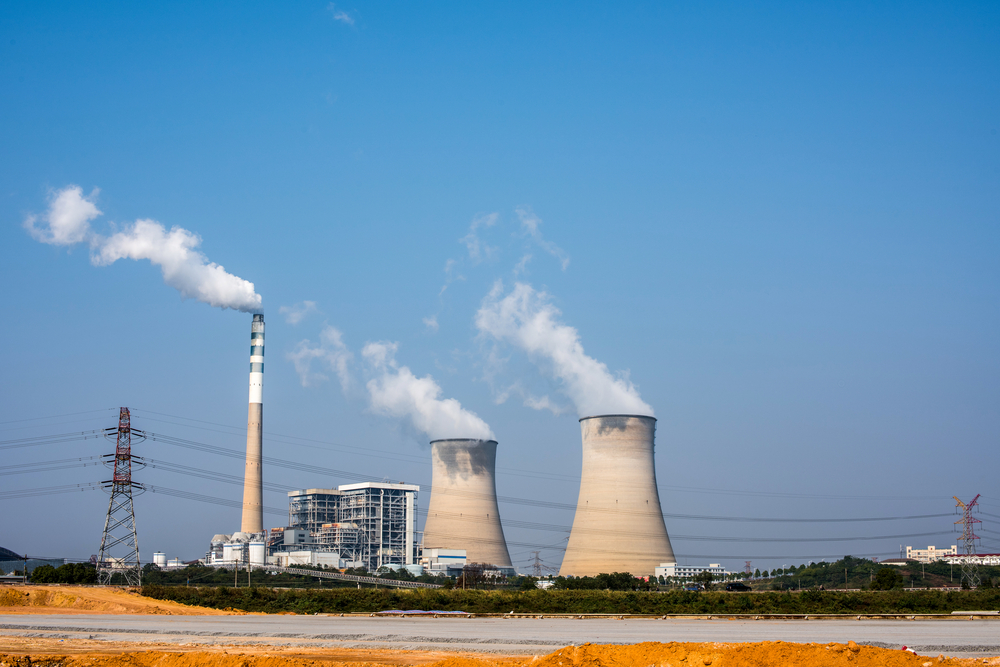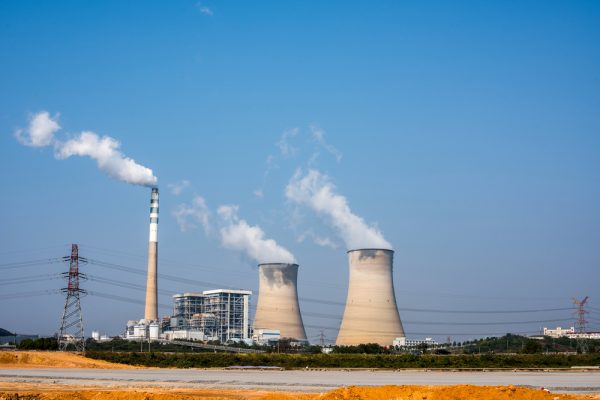The Federal Government announced late in October that it had reached a deal with the Russian Nuclear Corporation, Rosatom, to build two nuclear power stations in the country. The basic reason for this didn’t have to be strenuously laid out: electricity supply in Nigeria is abysmal, and the nuclear power plants, when completed, would help plug the country’s yawning energy supply gap. Who wouldn’t welcome the opportunity to chip away at blackout times via a few thousand more megawatts of electricity?
But there are concerns about taking the nuclear route to dealing with Nigeria’s power shortage woes. And it’s not just about eyebrows being raised over Russia’s renewed economic incursions into Africa (something most Nigerians aren’t remotely troubled by). Questions have been raised about the price tag on the nuclear project- reports suggest it could gulp $20 billion. There’s also the perennial problem with managing what is a potentially dangerous energy source. Not many people believe that Nigeria can effectively prevent or handle the loss of life and permanent damage to the environment wrought by a major disaster at a nuclear power station. A country infamous for its poor maintenance culture seems almost certain to make a deadly hash of such a potent force.
The Nigerian Government is adamant that there is more to its new found love for nuclear energy than the chance to boast about being a part of the club of nuclear-powered nation states. Ogbonnaya Onu, Minister of Science and Technology, said in December 2016 that nuclear power was “a more environmentally friendly solution” to Nigeria’s energy deficit, “since it emits far less greenhouse gases during electricity generation than coal or other traditional power plants.” He also described it as “a manageable source” of electricity. Government officials appear to be banking on the fact that Rosatom will run the nuclear facilities for a while, before handing them over to the country; hopefully, the delivery date would meet a country prepared to operate those plants with the care and competence they require.
Is nuclear energy the future…or the past?
The nuclear plants, to be sited in Kogi and Akwa Ibom states, are intended to contribute to the diversification of Nigeria’s energy mix. At the moment, the country’s power sources are gas (which makes up 80 percent of the lot) and hydro (20 percent). Renewable energy sources are also being sought after, with plans by the government to set up solar plants across Northern Nigeria.
However, it’s not entirely clear that the world is betting on atomic energy to safely power its future. While there’s great enthusiasm for solar and wind, global opinion on nuclear power is mixed. In China, several new nuclear reactors are under construction; and in France, three-quarters of available electricity is produced by nuclear power. On the other hand, Italy has closed all its nuclear stations, and other European countries, including Germany, Switzerland, and Spain, are going the same way.
The attitude of the developed world towards nuclear power turned negative after the 2011 disaster at the Fukushima nuclear plant in Japan. That event, caused by an earthquake-induced tsunami, resulted in the release of lethal radioactive material into the nearby ocean. People were evacuated from the area, and the plant remains closed till date. Fears of a repeat incident elsewhere led to policy reversals across Western capitals and the scrapping of civilian nuclear power programs in several countries. Many analysts, including some in Nigeria, complain that the Nigerian government is ignoring this move away from nuclear power, and failing to address the questions it raises.
But Nigeria isn’t alone in seeking power from splitting atomic nuclei. Rosatom also wants to build nuclear power plants in Ghana and South Africa. Appetite for this form of energy remains in much of the developing world, and the distrust in it isn’t universally shared.
Diversification and eyes on every solution point
Following the signing of the nuclear plant deal by the Nigerian Atomic Energy Commission and Rosatom, construction of the new power plants should begin in the next two years. Upon completion, they are expected to generate significant amounts of energy (raising output by at least a third of the approximately 4000 megawatts supplied daily) and will do so using locally sourced uranium.
In the end, the success or failure of the nuclear power in Nigeria could be determined by the state of the infrastructure that should transmit the electricity it produces. The national grid’s obsolete and overloaded substation equipment and transmission lines have hampered efforts to fully utilize available power. It’s only right that attention is accorded this section of the power supply jigsaw as well, even as the quest for a more diverse energy mix continues.


